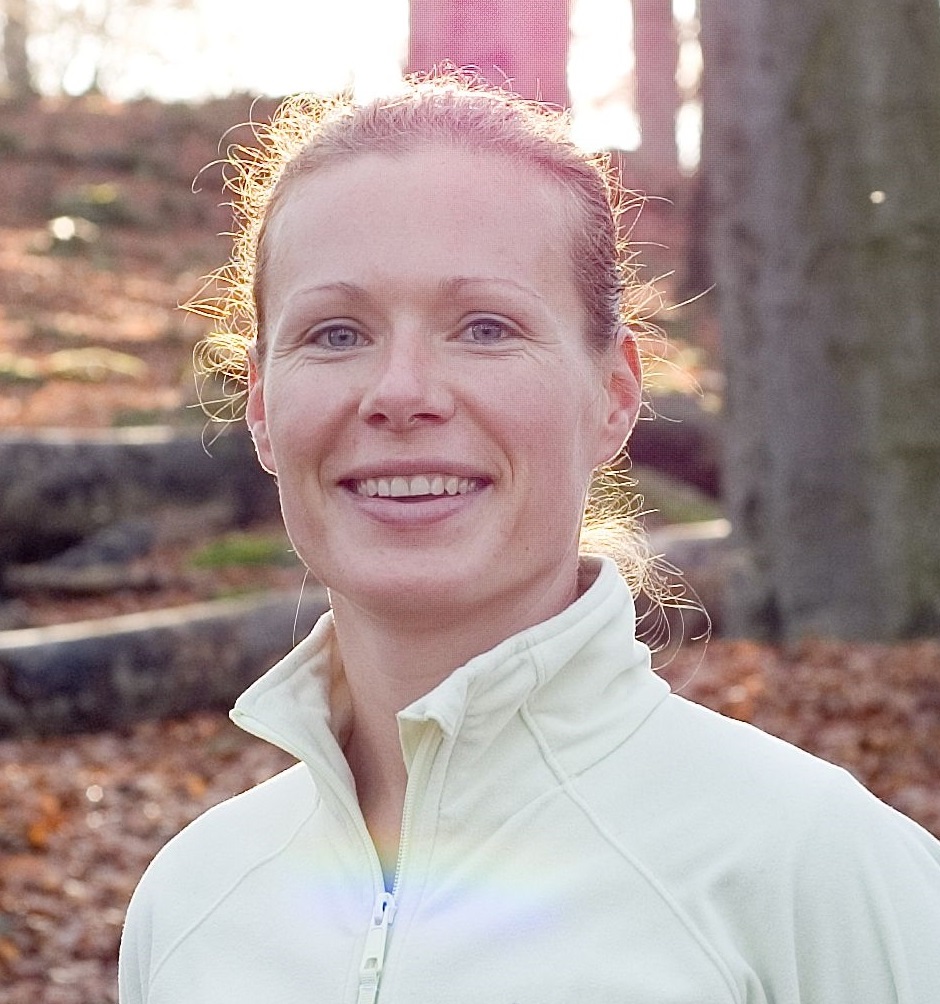Zuzana Posoldová
Zuzana Posoldová
|
Zuzana Posoldová (maiden name Tóthová) comes from Nove Zamky in Slovakia. She finished her studies at the IES in 2007. Already during her high-school studies she gained a number of foreign experiences. First, she spent a year studying in Australia and the following year at a high school in Austria. She continued in her studies abroad also during her university studies. During her Bachelors she spent a year at the University of Bath in the UK. During her Masters she chose the specialization at Finance and Banking and she passed a semester at the University of Konstanz in Germany. Moreover, she studied French at the Université de Nice Sophia-Antipolis in France. She speaks six languages fluently. Zuzana started her career during her Bachelor studies. In 2002, she began to work as an Analyst and PR assistant at BNP Paribas Asset Management. When she graduated, she became a Credit Analyst at BNP Paribas Corporate and Investment Banking. In 2010, she moved to Sweden, where she took on the position of the Head of Credit Analysts at BNP Paribas Fortis. She is currently on maternity leave with her second child. In her free time Zuzana enjoys cycling, skating, snowboarding and travelling. |
|
If you could choose one subject at the IES that you would like to study again which one would it be? Mathematics with Oldrich John. He made me look at mathematics from a completely different angle. I learned to be more structured, focused and look for a solution by applying various methods. The course greatly improved my ability to think and work under stress. These are things which are useful not only at work but also in my private life. And the level of satisfaction after having passed the exams was just sensational. You have lived and studied in various countries: Great Britain, Germany, Austria, Australia and France. Which studies were the most difficult and which of them would you highlight as the most beneficial for your career? I would say that the year I spent in Australia was the most challenging and at the same time the most rewarding of them all. It was my very first international experience. I was only 15 when I left my family and friends in Slovakia and landed on the green island of Tasmania. I hardly spoke any English at all. I became the oldest of my host family’s five children and lived on a farm. I confronted a very different life from the one I had back home. But I adjusted quickly, learned the language and made great friends from all around the world. I came home a rather different person. Much more open-minded, confident, critical and eager to continue travelling and discovering the world. You have more than 10 years of experience in banking. What do you like the most in this field? Definitely the diversity. When people hear the word banking, they often think of a clerk sitting behind a counter. But there is so much more to banking than that. You can do thousands of very different jobs. I have chosen to work for a major international bank because it gives me the opportunity to try out different jobs and also move between countries. I started in asset management, then moved to credit analysis within corporate and investment banking and will soon join sales within global trade solutions upon my return from maternity leave. In my eyes, the attraction of banking is that it provides a really broad base for learning new things, facing challenges and meeting people. You are living with you husband (also an IES graduate) in Sweden. Why did you choose this country? We knew Sweden from our earlier travels. We fell in love with Sweden’s countryside, the food and the lifestyle. I also had some good Swedish friends who I had met during my studies abroad. So when we got offered the opportunity to move to Stockholm, we decided to go for it. How do you balance work and family? You have 2 small children, the second one is only a few months old, are you planning “the Swedish” or “the Czech” model of the maternity leave? Swedes succeed in finding a good balance between work and private life. The social system is built in a way that gives both parents equal opportunity to take care of their children. It is very common for men to take at least three months of paternity leave. Just to give you an example, my husband took six months with our first child and will take one year with the second one. Men overall play a bigger role at home. They change diapers, take kids to dancing classes, cook, clean, buy groceries… something which is, unfortunately, still less common among Czechs or Slovaks. We have still a lot to learn from Swedes in this respect. |








